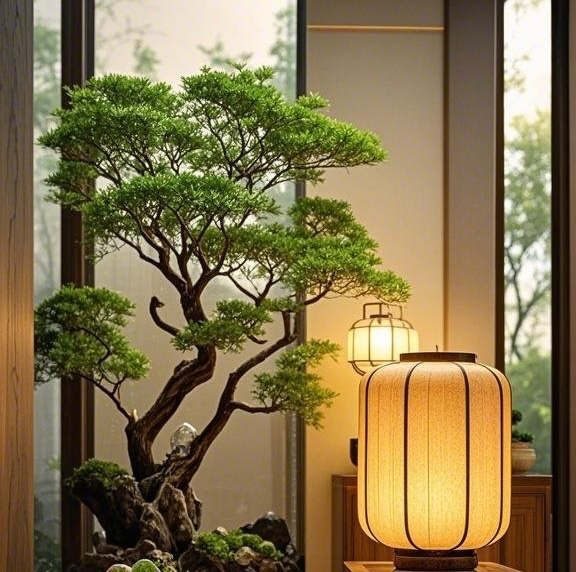The ancient Chinese philosophy of Feng Shui is a vast system of beliefs, practices and rituals designed to bring balance and serenity to our lives. Feng shui seeks to harness the vital energy that flows through our homes and make it flow positively, but can it be integrated with modern interior design?
The most commonly asked question by many new house owners is, “Should I do a Feng Shui house audit first or engage an interior designer?”
There is no fixed rule in the order of engagement. However, if you approach a Feng Shui consultant first, you can better visualise the desired design and layout before you engage an interior designer. In this way, it can save you time and effort.
Feng Shui’s advice is often difficult to follow, but the principles are pretty simple. By following Feng Shui interior design guidelines on colour, placement, and natural elements, you can create a comfortable and beautiful living space for yourself.
In this article, we are glad to team up with One BluePrint, an experienced modernised Feng Shui educational consultant, to share some simple Feng Shui tips that complement the home interior design.
Feng Shui Interior Design Tips for Rooms
Feng Shui is an ancient Chinese system based on the idea that people’s lives are influenced by the arrangement of their living and working spaces.
You can see the effects of Feng Shui in the design of an office, home, or even a room. If you want to create a space that promotes productivity and creativity, you should follow specific interior design tips.
Designing your space with Feng Shui principles in mind can positively affect your lifestyle and well-being.
1. Main Door / Entrance
– Always keep it clean and free of clutter.
– Avoid constructing a divider in front of the door if your space is too small, as it might obstruct the “qi” from flowing into the house.
– Having a closed shoe cabinet is preferred too.
– Do not install your door in a slanted position
2. Kitchen
– This space is one of the essential considerations because it represents the household’s wealth and the lady owner’s health, so you must pay extra attention.
– It is always good to find a suitable location for the stove. For example, avoid facing the toilet, the main door and any rooms. In addition, do not have a beam above the stove.
– Do not have two stoves at home because it might create marital affair issues.
3. Bedroom
– The bed’s position plays the most significant role in creating good Feng Shui. Therefore, avoiding your bed facing directly towards the toilet or door is the best option. If not, it can cause health issues.
– The bed should not be facing any mirrors because it can affect your sleep quality.
– Avoid any heavy objects installed above your bed, for example, air con unit, ceiling fan, chandelier light, beam, etc.
– The best position is to place your bed in the “command position”, which is diagonally opposite your room entrance, backed by a solid wall.
– Having a bed with a solid headboard is highly recommended.
– Do not place your bed in the centre of the room with no solid wall support because it gives you a “floating” feel that makes it hard to sleep.
Feng Shui Interior Design Tips for Furniture and Accessories
When selecting furniture or accessories for your home, you should be sure that they are in line with the Feng Shui guidelines.
4. Mirrors
– Avoid installing a mirror facing your main door, stove, bed or toilet.
– In the bedroom, it is best to hide the mirror in the wardrobe and only open it when you need to use it.
– Do not install a mirror on the ceiling.
5. Colors and Paint
– Colors affect little in Feng Shui, but avoiding bright red is strongly recommended. Instead, it is good to use earthed tone color that is soothing to your eye and also makes the space look spacious.
– Some people use different colors based on each member’s lucky color, which is unnecessary. It is good to avoid using over three colors for the whole house so that it looks more consistent.
6. Sofa
– Always position your sofa to be back supported against a solid wall. In addition, avoid facing your back to any door or window.
7. Art and Figurine
– Avoid displaying paintings or sculptures illustrating fierce beasts, skeletons, weapons, swords or any things representing negativity. If you are a collector of such items, consider keeping them in an enclosed cabinet.
I hope you have benefited from these Feng Shui interior design ideas!


